Women and girls with disabilities face the highest rates of poverty and gender-based violence in the world, a problem believed to have worsened during the COVID-19 pandemic.
Pandemic taking toll on women, girls with disabilities
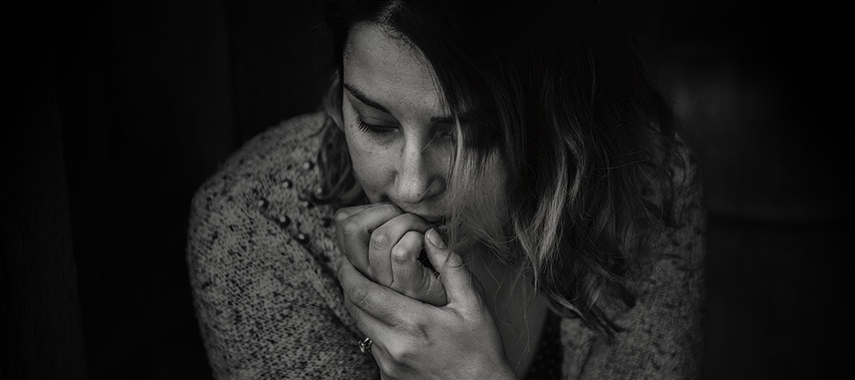

Women and girls with disabilities face the highest rates of poverty and gender-based violence in the world, a problem believed to have worsened during the COVID-19 pandemic.
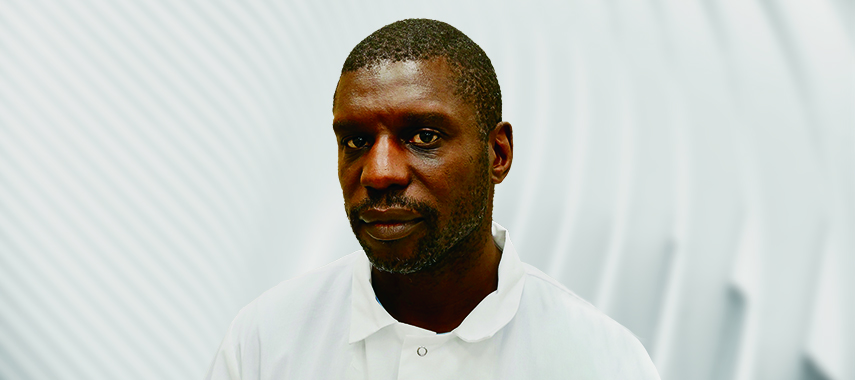
U of G researchers aim to test waste water to detect levels of the SARS-CoV-2 virus – released in human feces – from student residences. Detecting higher levels of the virus in the sewer system may help prevent outbreaks on university campuses, says food science professor Lawrence Goodridge.
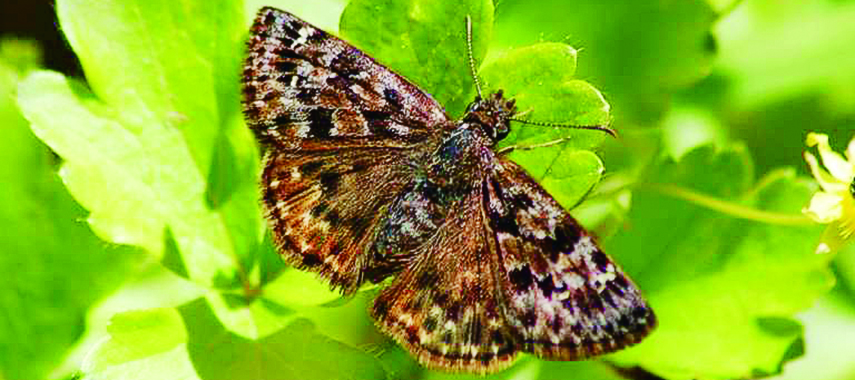
The mottled duskywing butterfly has nearly vanished from Ontario, but University of Guelph biologists hope to help restore the endangered species.
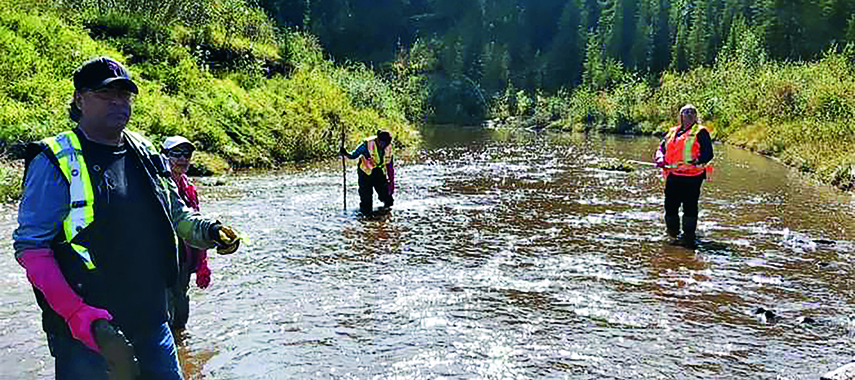
Researchers are identifying organisms to gauge the health status of waterways in areas where Indigenous peoples have lived for generations.
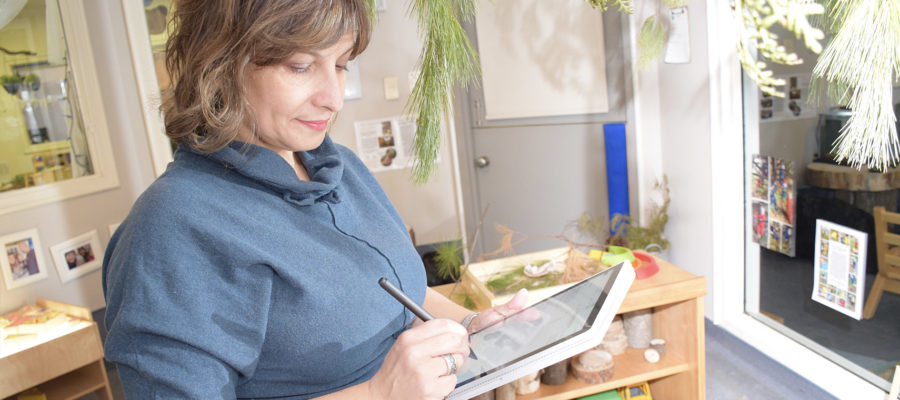
Early learning centres are where kids often go to learn and play, but they’re also where kids can pick up illness. Now, a University of Guelph team has begun a research project to try to determine the best ways to prevent these infections using mathematical modelling. “This project really began from my frustration as a
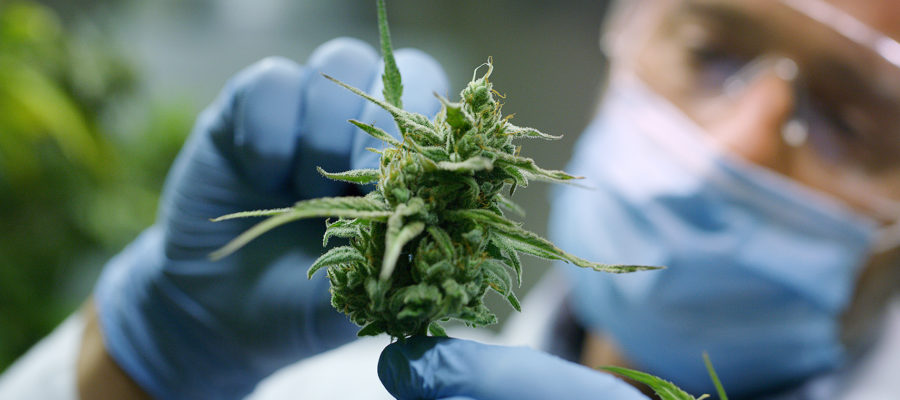
Can cannabis products kill cancer cells? A study at the University of Guelph’s Ontario Veterinary College (OVC) aims to find out. Prof. Sam Hocker, Department of Clinical Studies, is undertaking a three-year study to learn more about the anti-cancer properties of cannabidiol and its potential for treating urothelial carcinoma, a difficult-to-treat bladder cancer in animals.
There soon may be a more sustainable way to provide crops with the nitrogen boost they need, thanks to the University of Guelph. Researchers are studying ways to help plants produce their own all-important nitrogen. “A plant must have nitrogen to grow, but it can’t produce the essential element on its own,” says Prof. Manish
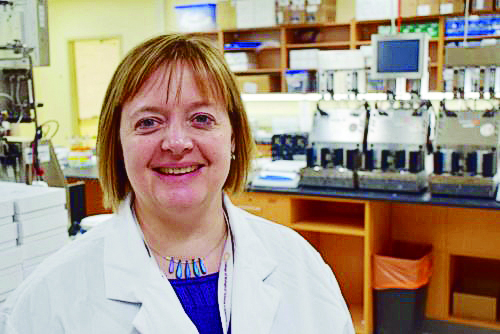
U of G microbiologist is part of an international research team studying the connection between microbes in the body and cancer.